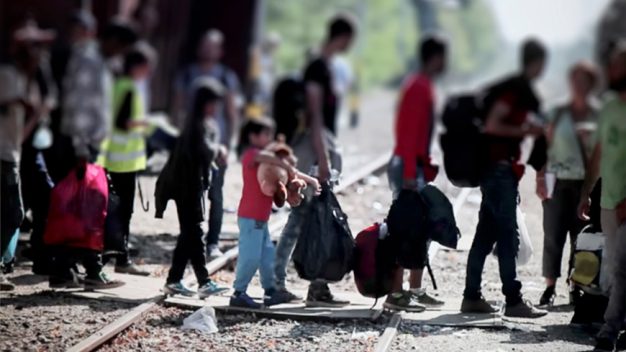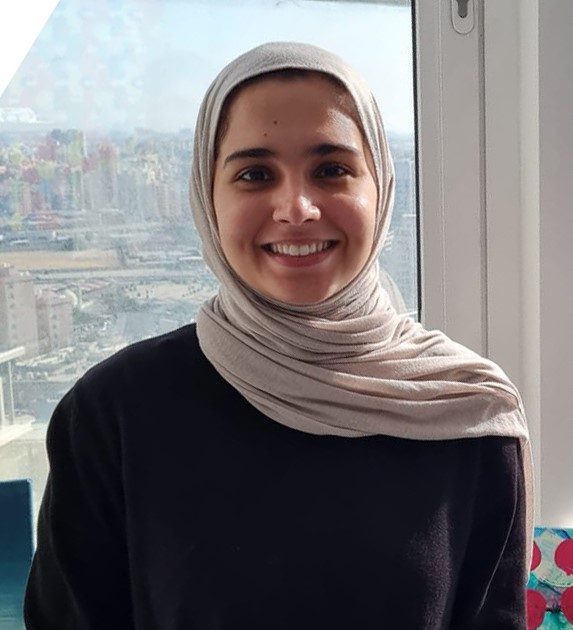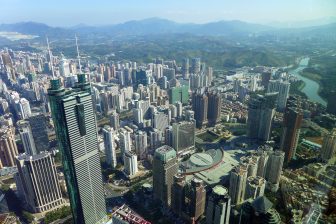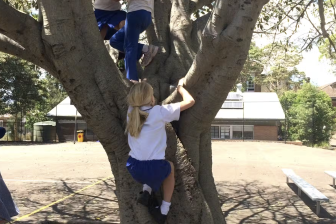
Child in the City World Conference 2023 – introducing…Wadha Almutawa
As we build towards our flagship conference taking place from 20-22 November, Child in the City will be previewing some of our scheduled speakers, through a mixture of presentation summaries and Q&As. Today we feature Wadha Almutawa.
Wadha is a PhD candidate at the University of Pennsylvannia in the USA, and her research explores what she describes as ‘the transference of architectural and urban ideas from the Western context to the Middle East, centralised around the role of children in urban environments and the impacts of such designs on communities and cultures’.
Wadha will be hosting a session in Brussels under the theme Building on Creativity, and her specific topic will be: The disruptive effects of migration on children’s identities. In a world marked by migration, where identities are often disrupted, particularly for children facing instability and discrimination, Wadha (below) sheds light on how inclusive and participatory approaches from the past can address these challenges.

Drawing from historical accounts and European models of city reconstruction, her studies explore the works of Lady Allen of Hurtwood, an English children’s welfare and rights activist who championed adventure playgrounds as a means to foster imaginative and creative play during Britain’s post-World War II urban redevelopment.
“Adventure playgrounds, as the research highlights, have the power to grant children authority, enabling them to shape their environment and feel like essential members of society,” says Wadha. “Case studies reveal that children collaboratively built structures, organised events, and actively contributed to their communities in various ways within these spaces.”
Wadha says that to better understand the impact of fostering creativity in these play spaces, she also draws upon materials from Lady Allen’s archives and personal accounts of playground users, demonstrating the profound effects of such initiatives.
One of the key takeaways from Wadha’s research is its relevance to current urban practices
“My research also delves into the inclusive and participatory approaches that were utilised in the making of these spaces, emphasising the importance of bottom-up planning in contemporary cities. This approach, I would argue, can alleviate social, cultural, pedagogical, and urban challenges, making cities more inclusive and vibrant.”
One of the key takeaways from Wadha’s research is its relevance to current urban practices. By enabling displaced children to develop their creative capital and contribute to innovative solutions that address societal challenges, she contends that these adventure playgrounds offer a practical means to mitigate the negative consequences of migration.
“In a world struggling with the complexities of migration and its effects on displaced children, this study provides valuable insights and a historical perspective on how to empower these young individuals, allowing them to regain their identities and play a vital role in shaping their communities and cities. Adventure playgrounds, it seems, hold the key to fostering a brighter future for all.”
Wadha will be part of Parallel Session 2.4 on Monday 21 November, from 1400 to 1530.
Click here for the conference programme and here for the list of speakers.




